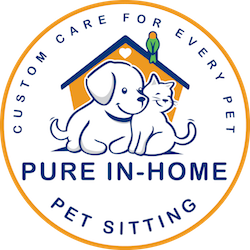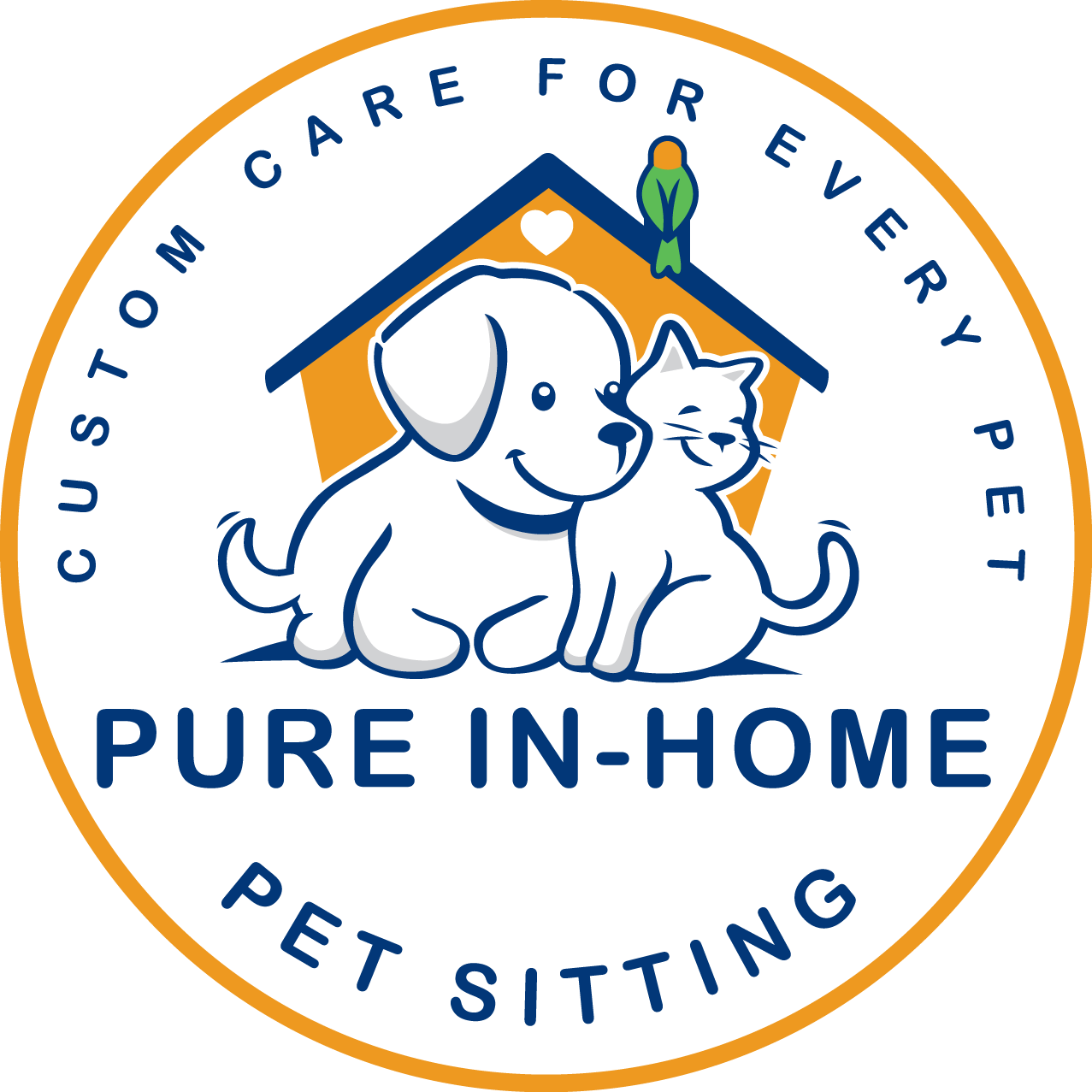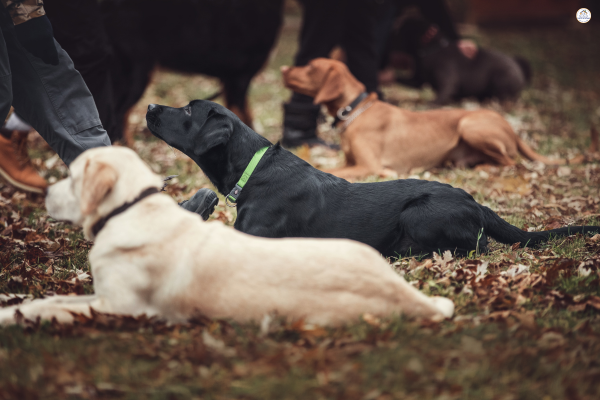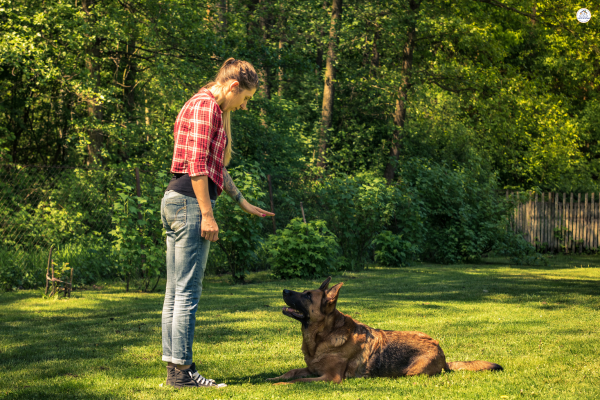A Practical Guide to Dog Training, Potty Habits, and Reliable Daily Care While You're at Work
Training your dog is one of the most rewarding parts of pet ownership. Whether you're welcoming a new puppy or refining the behavior of an older dog, the journey of teaching basic commands, managing potty routines, and addressing leash manners builds trust and strengthens the bond between you and your dog.
In this guide, we'll cover essential topics like how to train your dog, the role of prong collars, the best methods for potty training puppies, and how daily care — such as dog walking and check-in visits — can support your training routine, especially for busy pet parents.
If you’re also trying to understand when services like dog sitting or overnight pet sitting are needed (and when they’re not), we’ll help clarify that too — because not every dog care solution fits every schedule.
Why Dog Training Is Just the Beginning
Teaching your dog to sit, stay, or lie down isn’t just about obedience — it builds trust, confidence, and a sense of routine. Dogs are eager learners, and basic training helps them navigate your world safely and calmly.
But dogs don’t just need commands — they need structure, regular activity, and attention throughout the day. That’s where daily support and care make all the difference, especially when you're away at work for long hours.
The Foundations of Dog Training
1. Positive Reinforcement Is Key
Dogs learn best when they're rewarded for the behavior you want. Use treats, toys, or praise to reinforce actions like “sit,” “stay,” or “lie down.” Over time, they begin to associate these commands with positive outcomes.
2. Keep It Short and Fun
Training works best when sessions are short (5–10 minutes), consistent, and low-pressure. Start in a quiet environment, and gradually introduce distractions as your dog progresses.
3. Focus on Essentials
Begin with commands that improve everyday life:
Sit
Stay
Come
Lie down
Leave it
These form the foundation of good manners and safer interactions — both at home and in public.
Potty Training Puppies (and Keeping It Consistent During the Workweek)
Potty training a puppy is one of the most common struggles, especially for pet parents who work full-time. Puppies need frequent bathroom breaks, and when left alone too long, accidents are almost guaranteed.
Here’s how to build a routine — even if you're not home all day:
Set a Schedule
Feed your puppy at the same times each day. This helps regulate their bathroom needs.
Consider Crate Training
Crates encourage bladder control and reduce the chances of indoor accidents when you’re not home.
Include Midday Check-Ins
If you're away for 6–8 hours, your puppy (or even adult dog) will benefit from a daily check-in visit or two. These visits are ideal for reinforcing potty routines, providing a break from solitude, and preventing training setbacks.
Unlike overnight pet sitting or vacation care, our weekly dog walking and check-in services are designed specifically for clients who are at work during the day, not traveling.
Understanding the Prong Collar: When and Why It’s Used
The prong collar is a commonly misunderstood training tool. When fitted and used correctly under professional guidance, it can be effective for dogs who pull heavily on leash. That said, it should never replace consistent training or be used on puppies.
Only use a prong collar as part of a training plan, not punishment.
Fit it snugly on the upper part of your dog’s neck.
Combine with positive reinforcement to avoid dependence on the tool.
We encourage speaking to a qualified trainer if you’re considering using a prong collar for your dog to ensure proper use.
The Role of Daily Dog Walking and Check-In Visits in Training Success
Training your dog is one thing — maintaining that progress during your busy schedule is another.
This is where consistent, weekly dog walking and check-in visits become more than just convenience — they’re part of your dog’s care plan.
Why This Daily Support Matters:
Reinforces training commands and potty routines
Reduces behavioral issues like barking, chewing, or anxiety
Offers much-needed mental and physical stimulation
Keeps your dog socialized and emotionally balanced
While services like dog sitting and overnight pet sitting are helpful when you're away on a trip, we also focus on working professionals who need dependable, professional support during the typical workweek — no travel required.
How to Train a Puppy to Potty While Working Full-Time
Many clients ask how to handle potty training a puppy when they’re not home during the day. The answer is a blend of smart scheduling, crate training, and dependable daytime support.
Here’s a quick plan:
Feed your puppy on a set schedule
Take them out before and after work
Consider using a crate to limit indoor accidents
Book a midday check-in visit to keep progress on track
Without this routine, puppies can quickly regress — even if you're consistent in the mornings and evenings.
We’re Here for Working Pet Parents - Daily Check-In Pet Care Visits
If you’re like many of our clients, your biggest concern isn't vacation coverage. It’s finding someone you trust to help during the workweek, when your schedule doesn’t allow you to let your dog out, take them for a walk, or keep their training on track.
Our services are built around that exact need.
We specialize in:
Weekly or ongoing dog walking
Morning, Midday or Afternoon check-in visits for potty breaks, training support, feeding, interaction and companionship
Ongoing daily care for puppies and adult dogs
When your needs go beyond weekday care — such as dog sitting or overnight pet sitting during holidays or travel — we can also help connect you with trusted professionals.
Final Thoughts
Whether you're teaching your dog to lie down, navigating potty training with a young puppy, or considering a prong collar for dogs, long-term success is about consistency — not just in training, but in daily care.
That’s why we offer regular, professional, and reliable dog care services — not just for vacations, but for regular work weeks when you can’t be home.
If you're ready to create a routine that supports your dog's well-being, reinforces their training, and keeps them happy while you're at work, we’re here to help.
Get in touch today to schedule a free consultation and learn more about how we can support your dog's daily routine — no overnight stay required.





